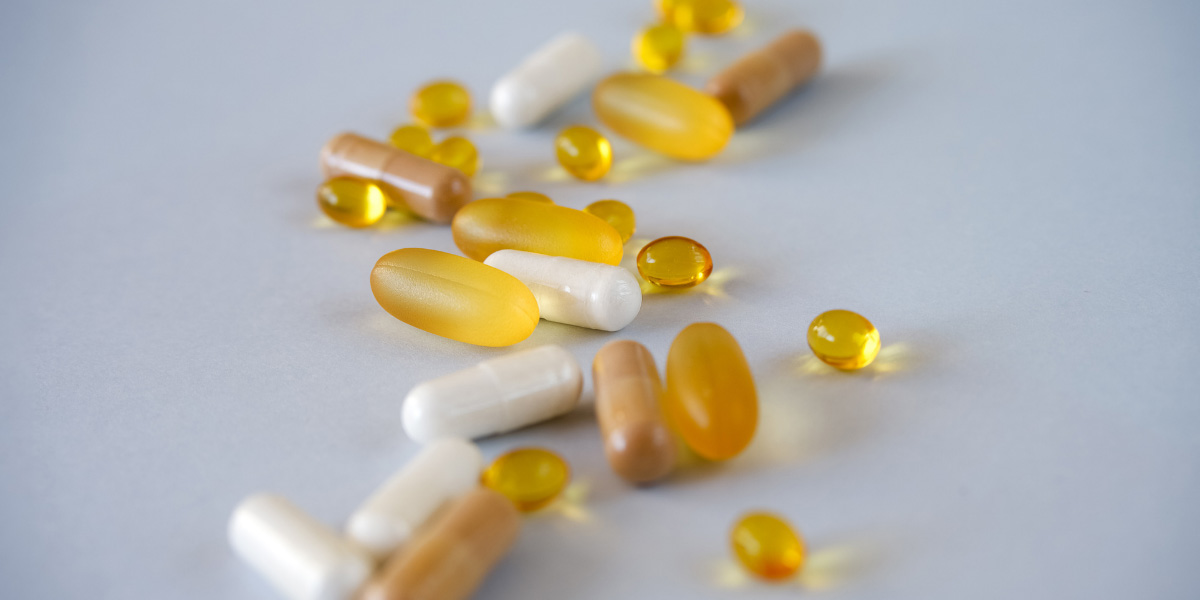Giving Your Pet Omega 3 After An Injury
Doctor of Veterinary Medicine

While efforts are made to answer all questions as quickly as possible, if an immediate answer is required or if your pet is in need of urgent or emergency care, contact your pet's veterinarian immediately.
Doctor of Veterinary Medicine

You will receive an answer from Dr. Lindsay and our vet/tech team as soon as possible, usually the same day.
All answers are provided for informational or educational purposes only, and are intended to be a supplement to, and not a substitute for, the expertise and professional judgment of your pet's veterinarian.
It may be necessary to consult your pet's veterinarian regarding the applicability of any opinions or recommendations with respect to your pet's symptoms or medical condition.
CloseDoctor of Veterinary Medicine

An error has occurred, please reload the page and try again.
CloseWhile efforts are made to answer all questions as quickly as possible, if an immediate answer is required or if your pet is in need of urgent or emergency care, contact your pet's veterinarian immediately.
There is no answer related to your question

After an injury, your pet experiences physical damage not only from the injury itself, but also from white blood cells responding to the injury to prevent infection. Under most conditions involving infections, this natural process of the white blood cells is beneficial. However, the enzymes found in white blood cells can be harmful to your pet's joints because of their damaging effect on the joint cartilage.
Giving your pet Omega 3 fatty acids may help to prevent damage to your pet's joint cartilage caused by blocking the excess of white blood cells in the immune system.
Omega 3 gel caps can be punctured to mix the oils in with your pet's food.
 Swipe
Swipe





















